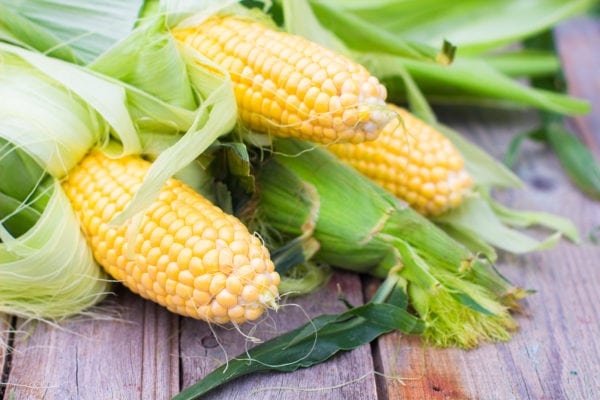We’re talking dirty (veggies, that is)
The Environmental Working Group’s annual ranking of the most- and least-pesticide ridden foods is out, so you might want to check the list before you plunk down your hard-earned cash on produce.
To compile the ranking, the EWG analyzed tests conducted by the U.S. Department of Agriculture of more than 36,000 samples from 48 different types of conventionally grown produce.
“Even low levels of pesticide exposure can be harmful to infants, babies and young children, so when possible, parents and caregivers should take steps to lower children’s exposures to pesticides while still feeding them diets rich in healthy fruits and vegetables,” said Philip Landrigan, M.D., of the Mt. Sinai School of Medicine.
So here’s what the EWG found: Buyer beware before purchasing conventionally grown strawberries, spinach or nectarines. According to a new report from the EWG, these foods are the most likely to be contaminated with synthetic pesticide residue.
The findings, part of the EWG’s 2017 “Dirty Dozen” and “Clean Fifteen,” found that, for the second year in the row, strawberries were the most contaminated fruit. (This year’s most-contaminated strawberry had traces of a whopping 20 different pesticides.) Last year, the berries knocked apples from the top spot, a dubious claim to fame apples previously had held for five years. Experts say strawberries have jumped to the top of the list because pesticide residue has increased due to out-of-season demand.
Spinach and nectarines also made negative moves this year, with Popeye’s favorite dish jumping from the eighth on the list to the second most-contaminated product. The USDA found spinach samples contained more residue by weight than all other produce tested, and 75 percent of samples contained residue of permethrin, an insecticide used to treat lice and repel mosquitos. In high doses, it can damage the nervous system.
So what produce can you buy without worry? Sweet corn. In fact, only 1 percent of samples of both sweet corn and avocados (last year’s top pick) had any detectable pesticides. You’re generally safe from pesticide residue with these two because of the food’s protective exterior, according to the EWG. The group does warn, however, that a small amount of sweet corn is produced from genetically modified seeds. (To avoid altered produce, buy organic.)
The EWG lists, which started in 1993, have gained a reputation among doctors and health organizations for helping people reduce pesticide exposure in diets.
The Dirty Dozen
- Strawberries
- Spinach
- Nectarines
- Apples
- Peaches
- Pears
- Cherries
- Grapes
- Celery
- Tomatoes
- Sweet bell peppers
- Potatoes
The Clean 15
- Sweet corn
- Avocados
- Pineapples
- Cabbage
- Onions
- Sweet peas frozen
- Papaya
- Asparagus
- Mangos
- Eggplant
- Honeydew melon
- Kiwi
- Cantaloupe
- Cauliflower
- Grapefruit






